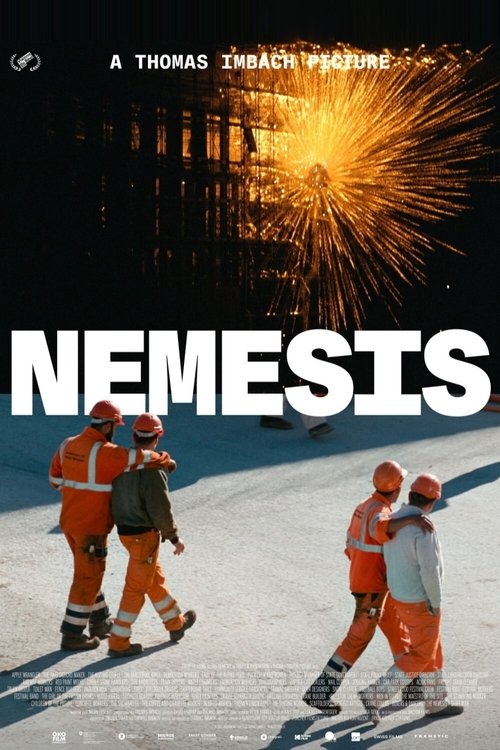Russland und die Schweiz – Eine Beziehung in Zeiten des Krieges (2025)
Switzerland has long been a special partner for Russia: A non-member of the EU and NATO, a welcome investor in Russia and the world’s most important trading centre for Russian raw materials. Now things are different in both countries.
Directors
Release Date
Jun 11, 2025
Runtime
01h 40m
Genre
Available in streaming on
For now, we have not found any platform that offers this movie in streaming...
This movie is very new! Our algorithm is still processing it in order to improve similar movie suggestions every day...
Switzerland has long been a special partner for Russia: A non-member of the EU and NATO, a welcome investor in Russia and the world’s most important trading centre for Russian raw materials. Now things are different in both countries.
Movies like Russland und die Schweiz – Eine Beziehung in Zeiten des Krieges
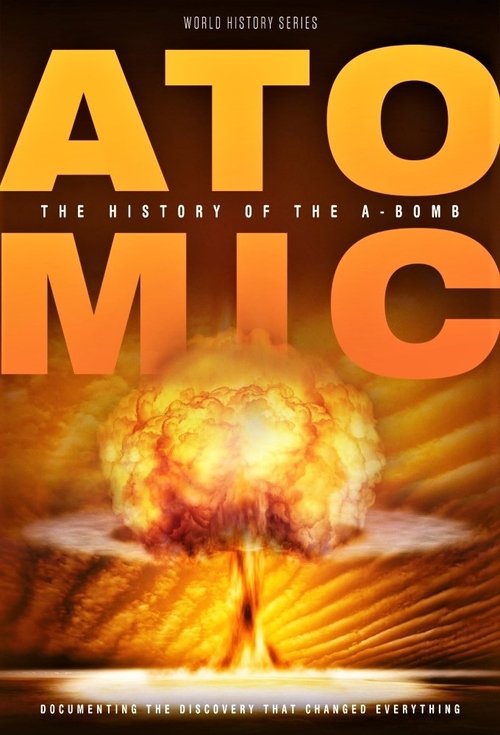
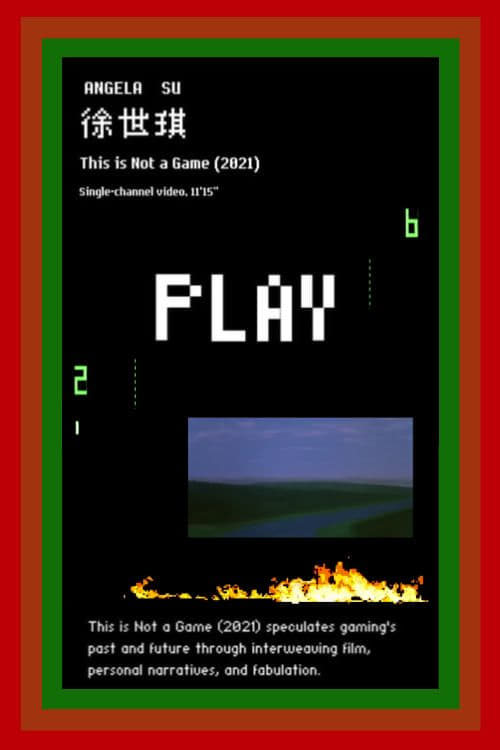
6.8
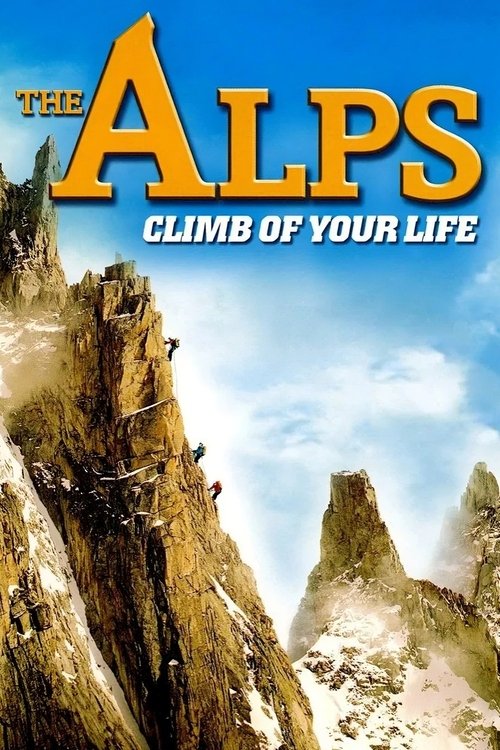
7.1

6.0
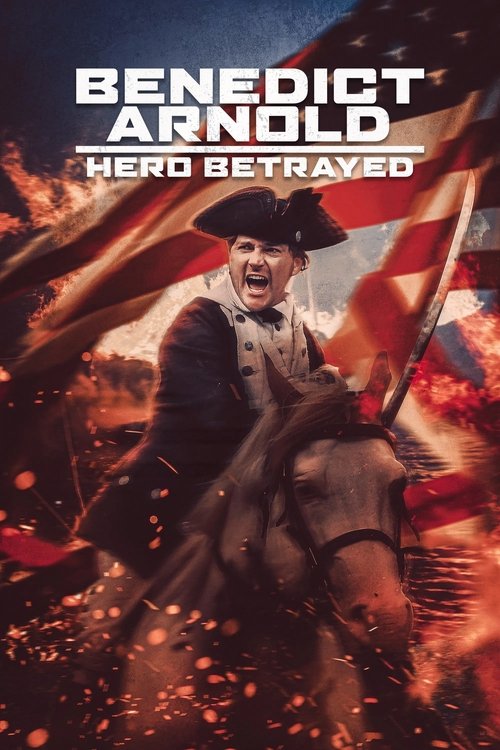
8.0

7.8
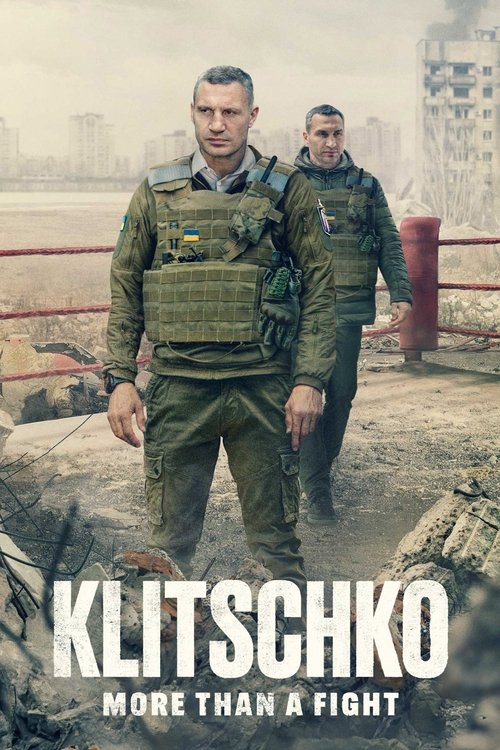
9.0
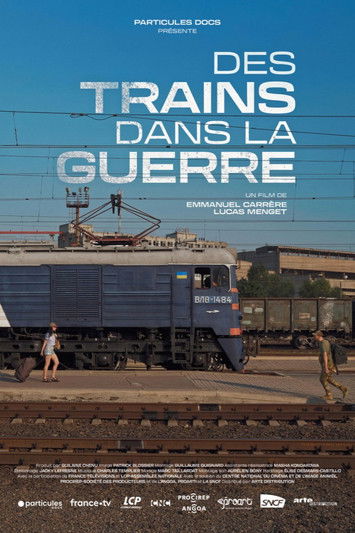
9.0
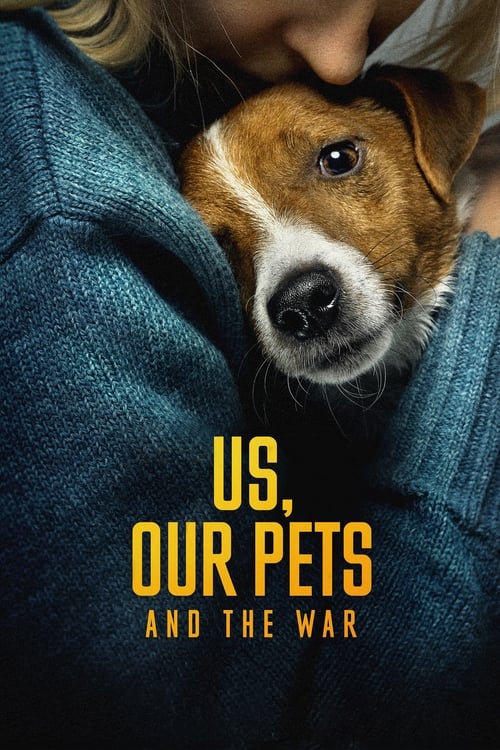
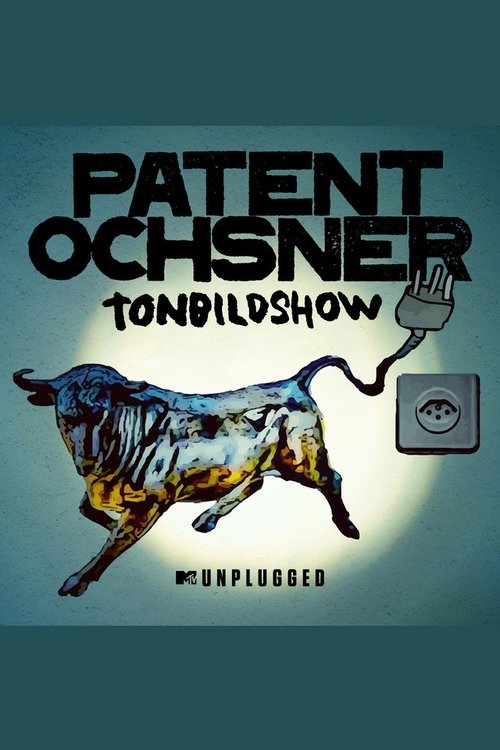

8.0
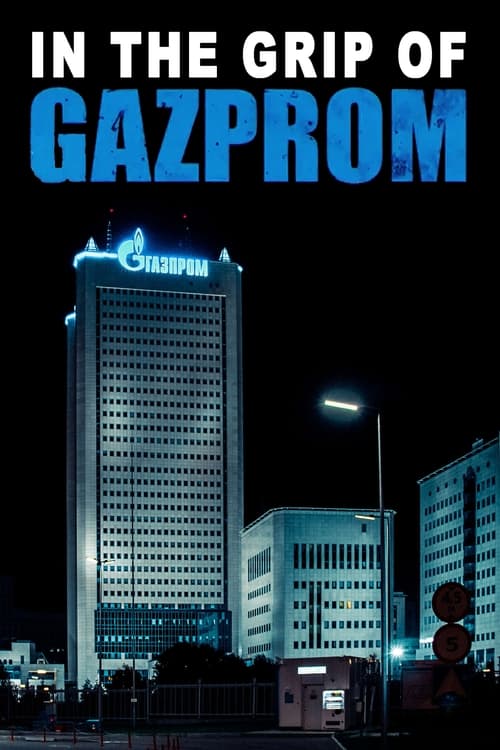
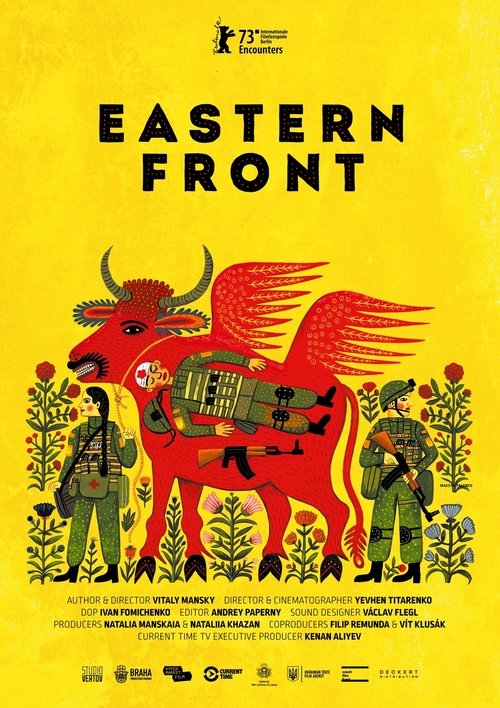
8.0
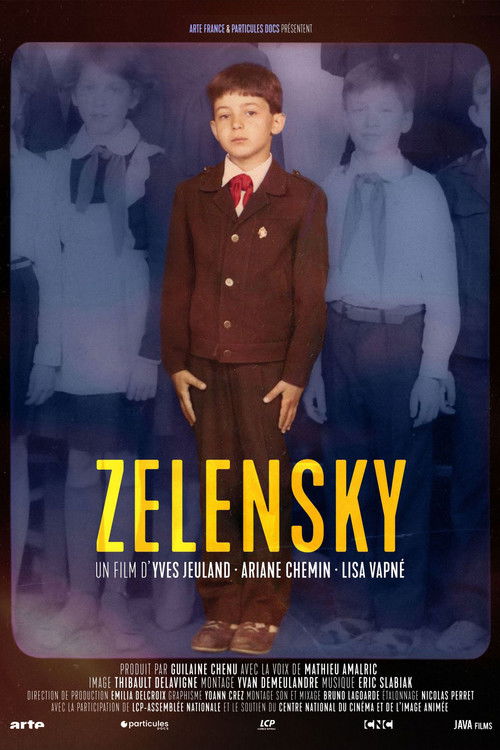
7.8
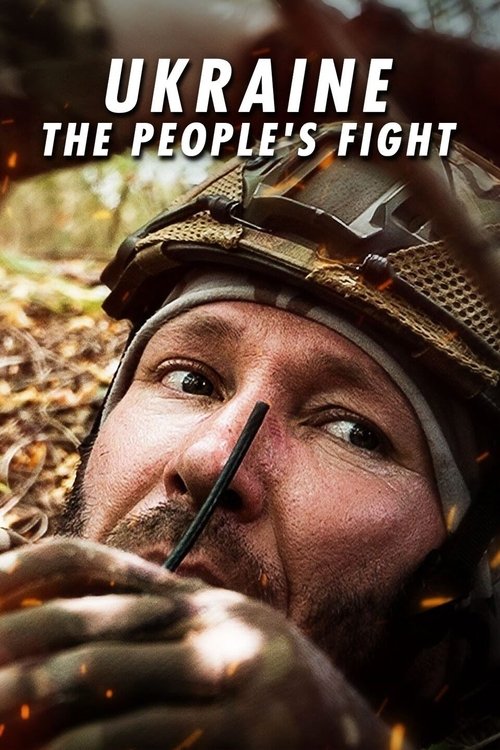
1.0
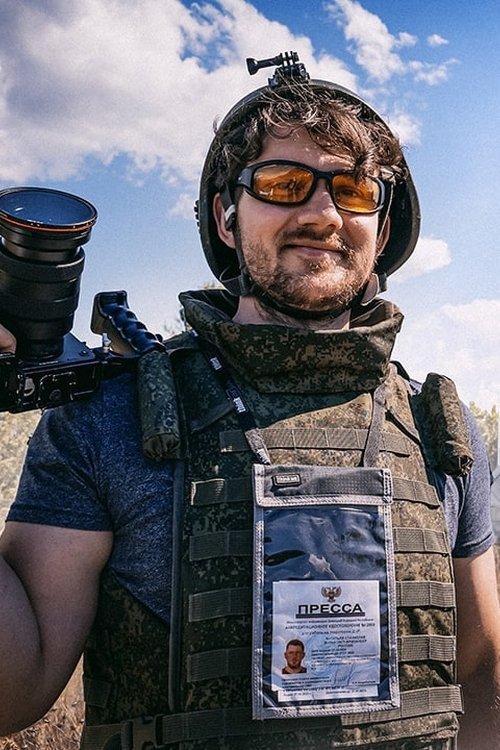
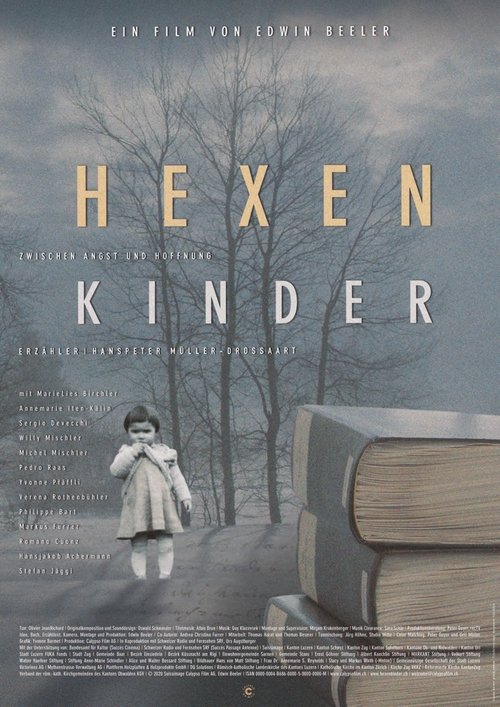
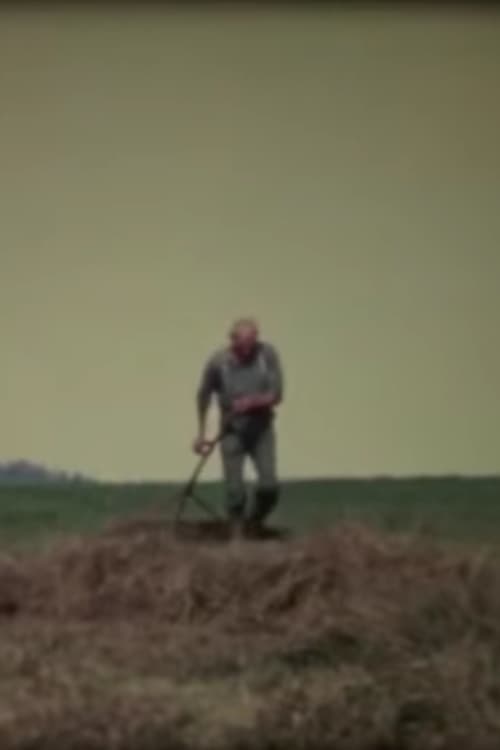
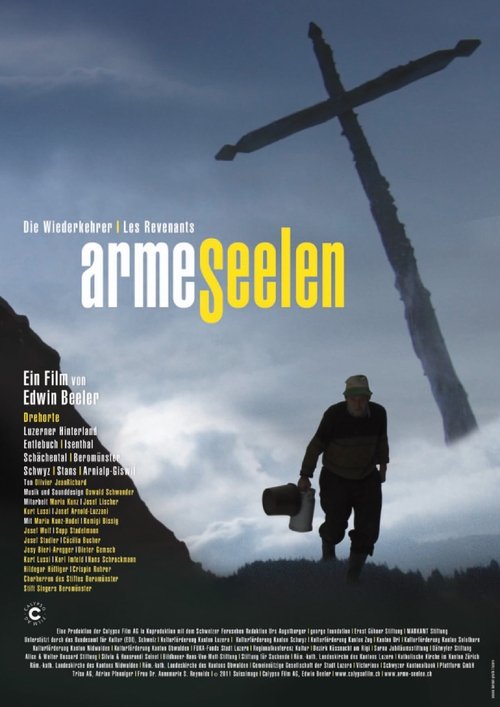
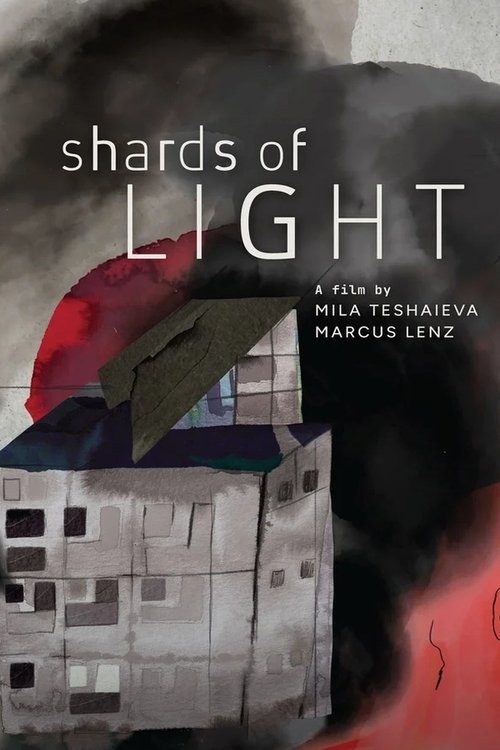
9.6
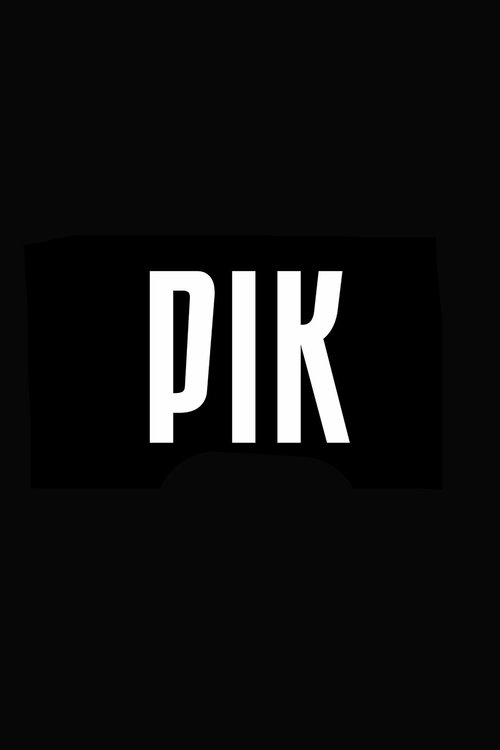
8.5
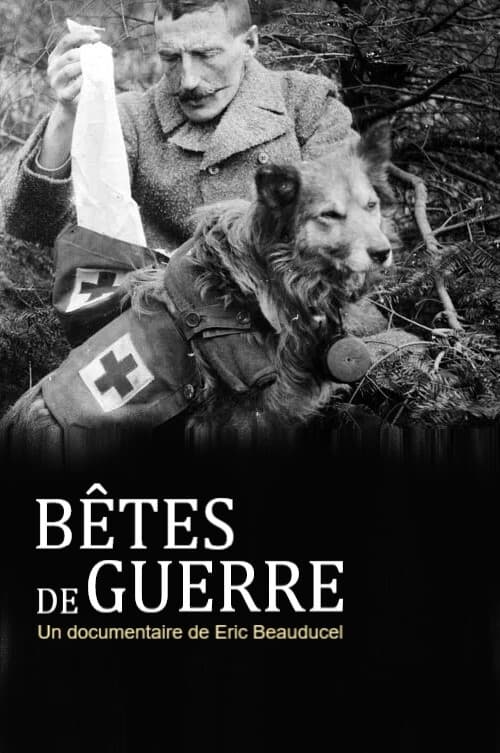
7.0

6.7
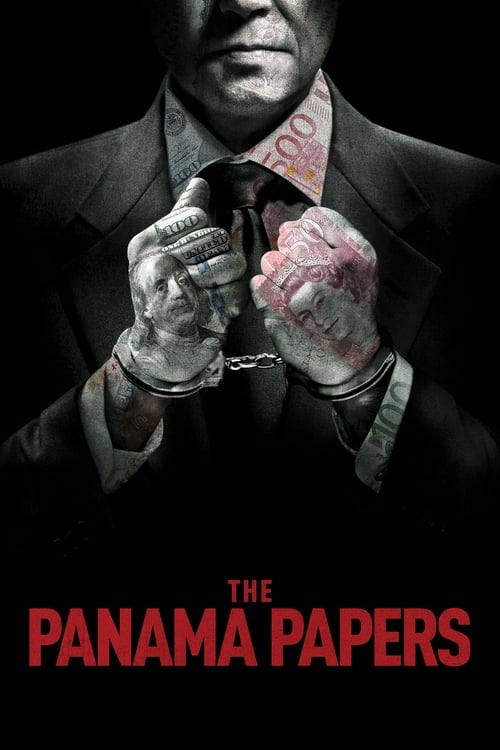
8.0
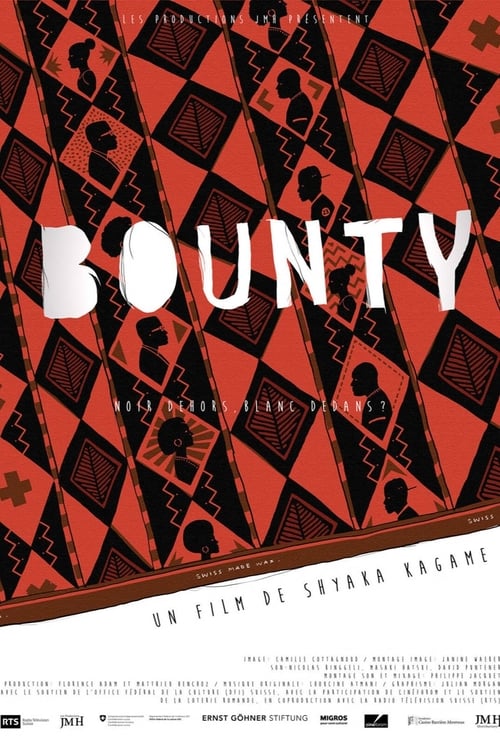
10.0

9.0

7.0
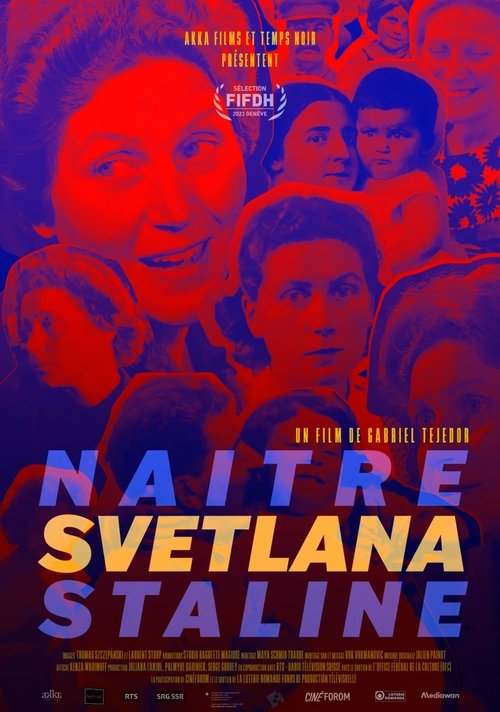
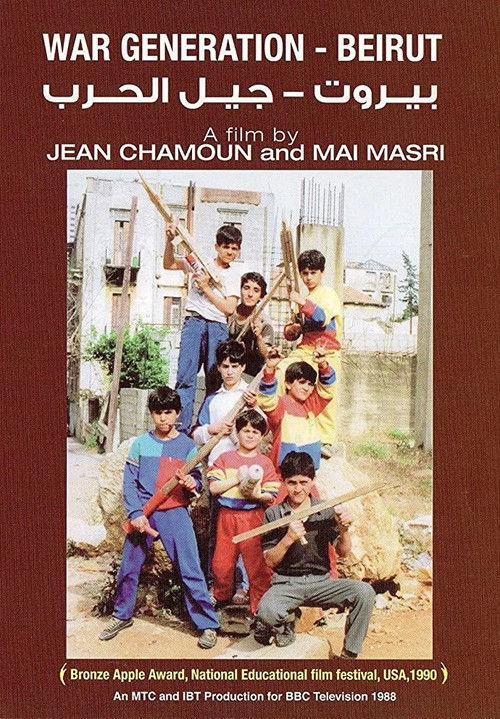
10.0
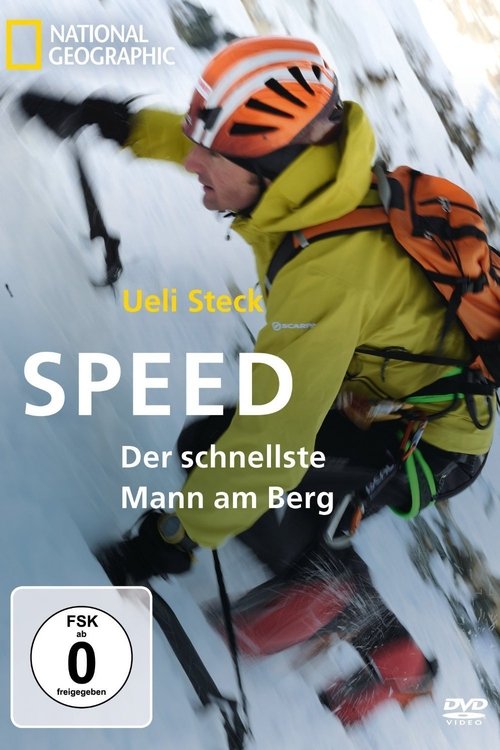
10.0
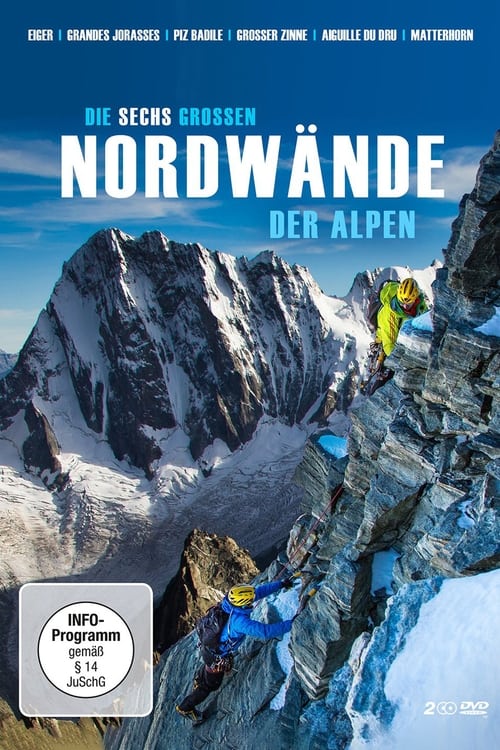
7.5
